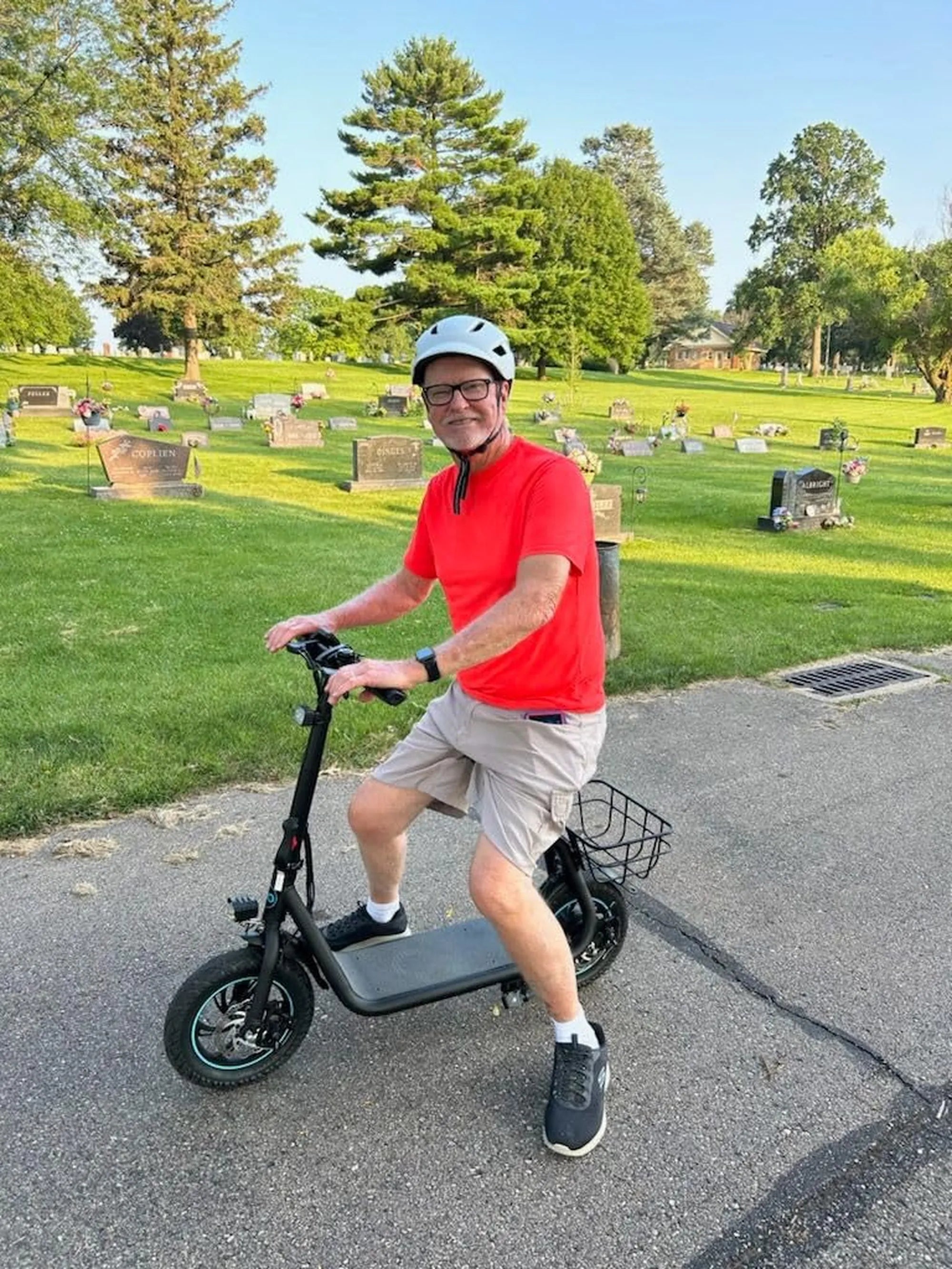Electric scooters are zipping through cities across Texas, offering a convenient and eco-friendly way to get around. But before you hop on one, it's crucial to understand the legal landscape. Are electric scooters legal in Texas? The answer isn't as straightforward as you might think.
Understanding Texas Electric Scooter Laws
Texas law treats electric scooters similarly to bicycles in many ways, but there are key differences. According to the Texas Transportation Code, electric scooters are defined as "motor-assisted scooters" if they meet certain criteria:
- Have a motor with a power output of no more than 40cc or 750 watts
- Are designed to transport only one person
- Have a maximum speed of 20 mph on level ground
- Weigh less than 100 pounds
If your scooter meets these requirements, it's generally legal to operate on public roads and bike lanes in Texas. However, local ordinances can impose additional restrictions.
Where Can You Ride Electric Scooters in Texas?
The legality of where you can ride depends largely on local regulations:
| Location | Typical Regulations |
|---|---|
| Roadways | Allowed in most cities, but riders must follow traffic laws |
| Bike Lanes | Generally permitted unless local laws prohibit |
| Sidewalks | Often prohibited in business districts; allowed in residential areas in some cities |
| Parks and Trails | Varies by municipality; often restricted |
Age Restrictions and Licensing Requirements
Texas doesn't require a driver's license to operate an electric scooter, but there are age restrictions:
- Most cities require riders to be at least 16 years old
- Some rental programs may have higher age requirements (typically 18+)
- No vehicle registration or insurance is required for personal scooters
Safety Regulations and Equipment Requirements
While Texas law doesn't mandate helmets for adult scooter riders, safety should always be a priority:
- Helmets are strongly recommended for all riders
- Many cities require lights and reflectors for nighttime riding
- Riders should follow all traffic signals and signs
- Most cities prohibit riding under the influence of alcohol or drugs
Local Ordinances Across Texas Cities
Different cities have implemented their own rules regarding electric scooters:
Austin
Has embraced scooters with designated parking areas and geofenced no-ride zones.
Houston
Allows scooters but prohibits sidewalk riding in business districts.
Dallas
Requires scooter companies to obtain permits and limits the number of devices.
Potential Legal Changes on the Horizon
As electric scooters grow in popularity, Texas lawmakers continue to evaluate regulations:
- Discussions about statewide helmet requirements
- Possible standardization of local ordinances
- Potential insurance requirements for rental companies
- Ongoing debates about sidewalk access
Renting vs. Owning an Electric Scooter
The legal considerations differ slightly between rented and personally owned scooters:
- Rental companies must comply with additional business regulations
- Personally owned scooters offer more flexibility in modifications
- Rental programs typically include insurance coverage
- Owners are responsible for maintaining their scooters' roadworthiness
What Happens If You Break the Law?
Violating electric scooter laws can result in:
- Fines ranging from $25 to $200 depending on the offense
- Impoundment of the scooter in some cases
- Potential liability for accidents caused by illegal riding
Electric scooters offer an exciting transportation option in Texas, but staying informed about the laws ensures you can ride safely and legally. Whether you're commuting to work or exploring your city, knowing the rules of the road will make your scooter experience more enjoyable and trouble-free.

Share:
Do Electric Scooters Charge Themselves? Exploring the Future of Self-Charging Tech
Best Foldable Electric Scooters for City Commute: Top Picks for Urban Travel